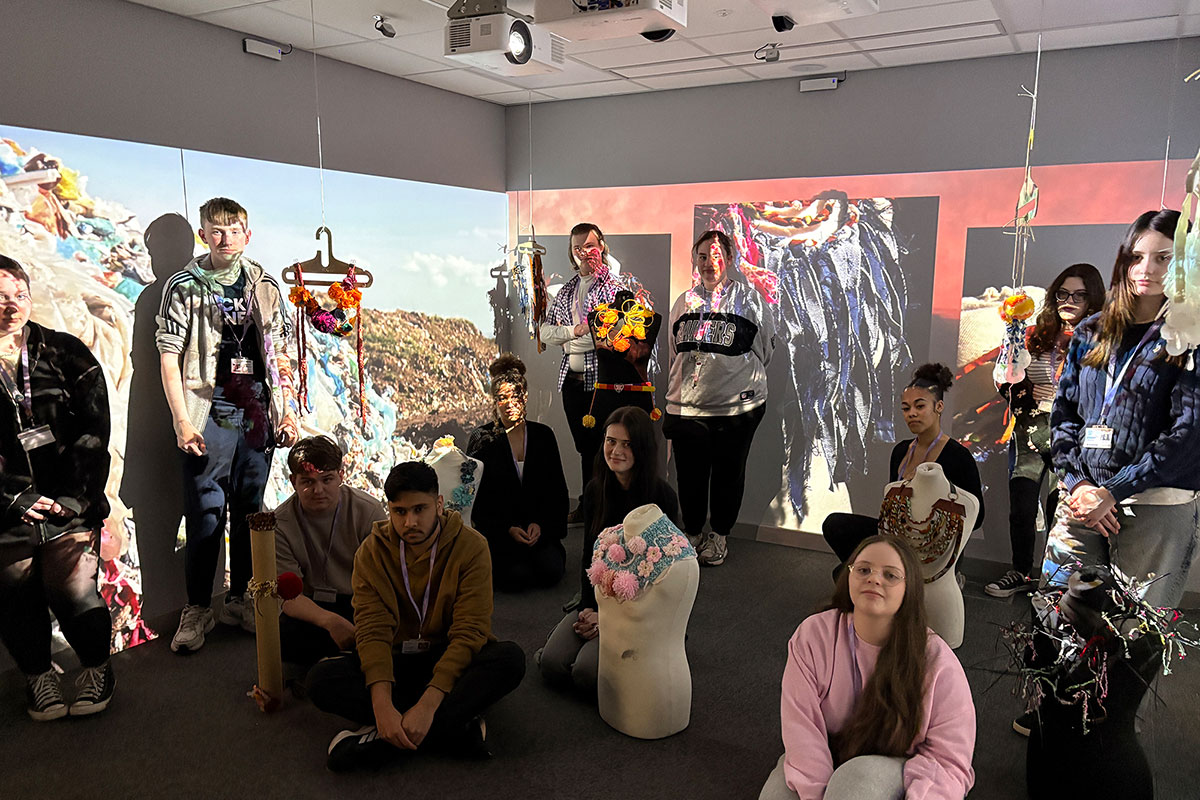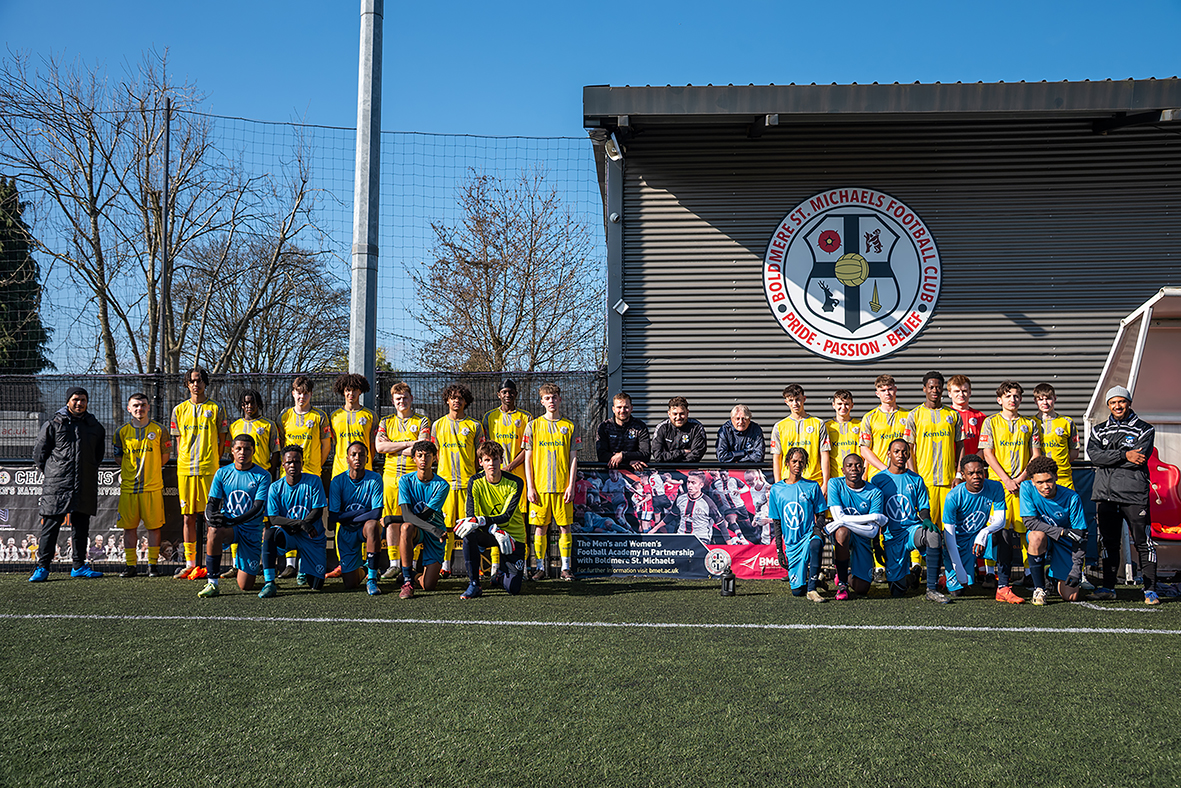‘Permacrisis’ leading to negative feelings about the future and could learning be the answer?

In this article, Catherine Orridge shares how education can offer direction and confidence for adults during times of ‘permacrisis’, emphasising the mental and physical health benefits of learning.
Ending 2022 with “permacrisis”; the Collins Dictionary word of the year sums up how many people feel about the events of the last year -or is that two, or three years? Lurching from one challenge to another has left many people feeling confused, exhausted and negative towards the future.
In a time of permacrisis, adults that focus on learning are supporting their physical and mental health says Catherine Orridge, who suggests that when people are feeling rudderless, they need new direction and somewhere to anchor themselves, making the structure of learning and the connectivity offered by education a great place to start.
Learning can provide a health boost
Studies have shown that adult education can improve mental and physical health, and aid financial stability, social mobility, and employability, all of which we champion at Newcastle College.
A study by the House of Commons Education Committee showed a direct link between older adults (aged 50–69) and higher well-being, along with a reduction in the number of GP visits.
It also highlighted that people participating in one to two lifelong learning courses between the ages of 33 and 42 results in a 3% increase in the probability of giving up smoking, while participating in three to ten courses increases the percentage of people taking part in exercise from 38% to 45%.
Education has proven physical benefits for its participants, but it is undeniable that adult learners notice huge changes in many other aspects of their lives. Studies have also shown that lifelong learning can improve cognitive function and, in some cases, reduce age-related decline, such as dementia. It’s a way to keep our minds active and engaged, to stay curious and open to new ideas, and to continue growing as individuals.
There are mental health benefits to adult education, too. In the report ‘Future of Skills & Lifelong Learning’, it was shown that adult learning helps to create a greater sense of identity, with 12% of participants saying they have ‘more control in their lives’. Learning is more than the knowledge gained. It helps to foster a sense of connection to the world around you, your place in it and connectivity to others.
Research from LinkedIn showed the benefits of learning whilst in employment. Almost 1 in 4 people said their self-confidence has improved, and 21% have said they are more confident at work. The survey also highlights the wider benefits of learning; one in eight learners say they have met new people and made new friends, that they have more understanding of other people and cultures.
There are clear economic benefits, too, both at a wider societal level, and at an individual level, to participating in lifelong learning. As part of NCG, we work in partnership with colleges across our Group and employers across the country to support its mission to ‘enable social mobility and economic prosperity through exceptional education’.
Data published by Public Health England, estimates that the lifetime return on investment of Level 1 courses for those aged 19–24 is £21.60 for every £1 invested. The Department’s evidence reports that adults over 25 with a full Level 2 qualification benefit from an average 8% increase in earnings following their course of study, which increases to 10% for adults with a full level 3 qualification.
Adult learning success in the North East
Once found to have the lowest level of participation in adult learning by the Learning and Work Institute, the latest evaluation in 2022 has shown that the North East has climbed the list by two places in 12 months.
Our part in this is the College’s alignment with the North East Local Enterprise Partnership and its priorities for our region, targeting our curriculum toward target areas for growth and supporting employers to close skills gaps with key partnerships, from the Newcastle United Foundation to the NHS.
An important part of our adult learning offer is the work we do to support international students and those arriving in the North East as refugees and asylum seekers. Through our ESOL offering and the ‘Our Community is Your Community’ project, we support adults to develop their language skills, but we also provide them with social support and help them to develop skills in other key areas that will help their future employment prospects, such as IT.
One of our ESOL learners Khamis Adams, who came to the UK from Sudan, said:
“Before I started at the college, I didn’t have really any experience with laptops and computers. I have been able to borrow a laptop so I can practice what I learn in my lessons, which is brilliant as I don’t have access to any other computers outside of college.
“I like meeting people from other backgrounds and learning about IT. I’m planning to go to University to study computer engineering so that I can become a software engineer, and this course is giving me the skills and the confidence to do that.”
Education is the key to unlocking our potential and achieving our goals, and as adults, we have a wealth of life experiences and knowledge, but there is always something new to discover and learn. Whether it’s a new skill, a new language, or a new perspective, adult education is an essential aspect of personal and professional growth. As educators, we need to make the opportunities accessible and realistic, which is why we need to continue to bang the drum for adult education, demonstrate the value of learning and help people access the opportunities that are available to them.
By Catherine Orridge, Assistant Principal at Newcastle College
FE News on the go…
Welcome to FE News on the go, the podcast that delivers exclusive articles from the world of further education straight to your ears.
We are experimenting with Artificial Intelligence to make our exclusive articles even more accessible while also automating the process for our team of project managers.
In each episode, our thought leaders and sector influencers will delve into the most pressing issues facing the FE sector, offering their insights and analysis on the latest news, trends, and developments.











Responses